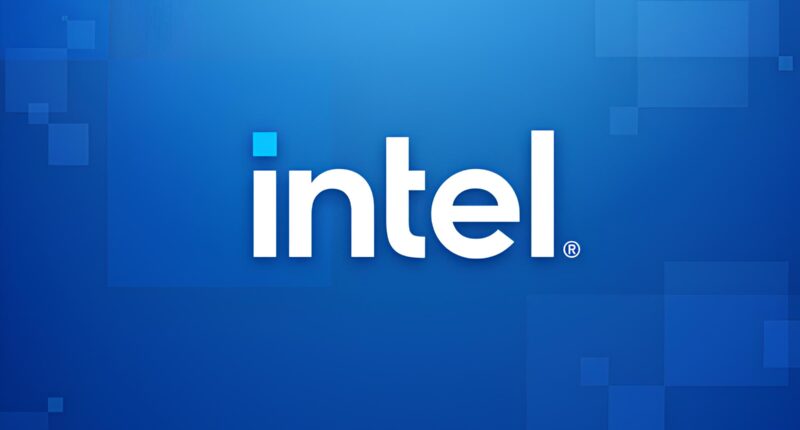Semiconductor giant Intel has gained substantial financial backing and market value this year, but analysts question whether the company can resolve its fundamental chip manufacturing losses.
Bloomberg reports that Intel shares have surged 48% in 2025, adding more than $50 billion in market capitalisation following partnerships with major technology and financial players. The rally accelerated after securing a $5 billion investment from Nvidia, alongside President Donald Trump’s plan to expedite $8.9 billion in previously committed government funding and a $2 billion injection from SoftBank Group.
Despite the financial support, Intel’s foundry operations continue generating substantial losses. The division produced nearly $18 billion in revenue over the past four quarters whilst recording more than $13 billion in losses, representing roughly one-third of Intel’s total revenue.
“What’s needed is for the foundry business to get to a place where it is delivering strong and durable earnings growth,” said Ivana Delevska, chief investment officer at Spear Invest, whose flagship ETF has more than $110 million in assets. “That’s extremely premature here.”
The investment partnerships have yet to secure major customers capable of utilising Intel’s expensive chip manufacturing facilities near full capacity. Nvidia CEO Jensen Huang described the agreement as a product collaboration whilst confirming continued reliance on Taiwan Semiconductor Manufacturing Company during technology evaluation processes.
Wall Street projections indicate modest improvement expectations, with analysts forecasting adjusted net income of $640 million on $52 billion revenue for 2025, followed by $3.2 billion profit on $54 billion sales in 2026.
Intel’s valuation metrics reflect significant risk despite recent backing. Trading near $30 per share, the company would represent approximately 43 times projected 2026 earnings, creating challenges for investment justification given current fundamentals.
Capital expenditure requirements compound profitability concerns, with projected spending of $18 billion this year and $15 billion in 2026, pushing free cash flow deeply negative.
“There are times when you can say valuation doesn’t matter, but that’s typically when you’re in an environment with sustainable and strong and accelerating earnings growth, and that’s not what we have at Intel,” said Nancy Tengler, chief executive officer of Laffer Tengler Investments, which manages $1.6 billion.
Citigroup analyst Christopher Danely recently downgraded Intel to sell from neutral, citing expensive valuations and claiming the foundry business has “minimal chance to succeed.”











